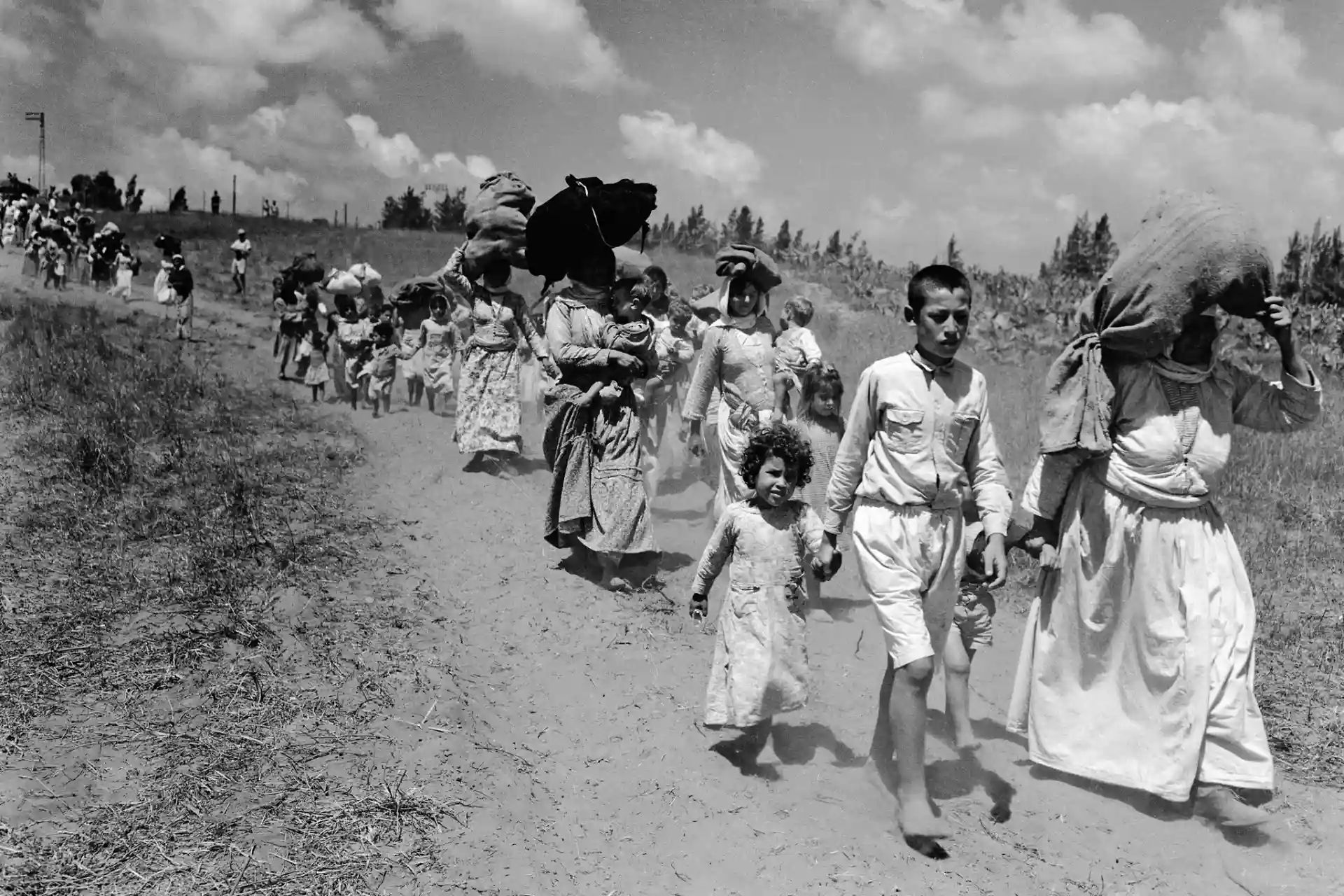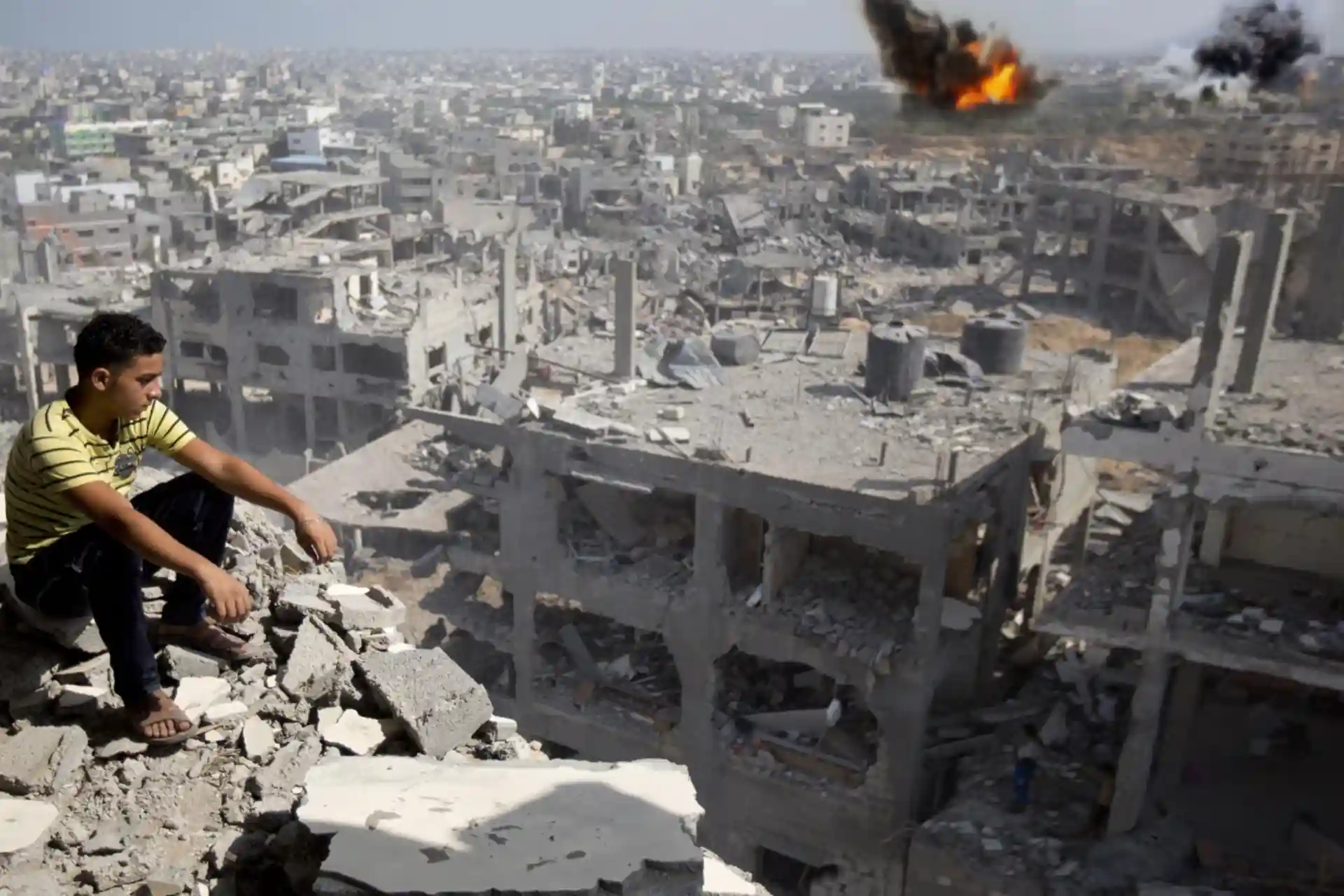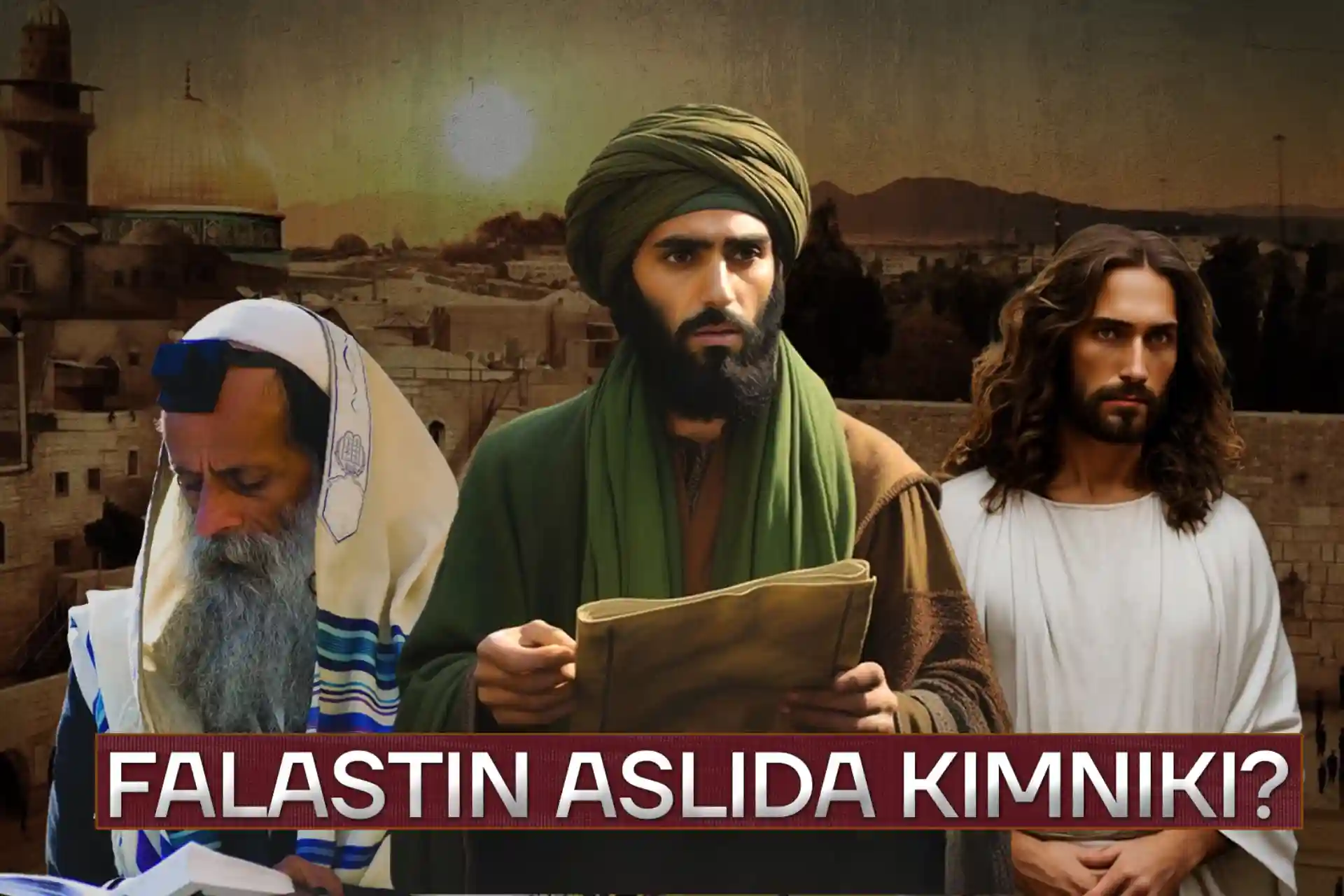Palestinian Nakba Day. Why is this day important?
Today, May 15, Palestinians are celebrating the 76th anniversary of the Nakba of 1948.
What is the Nakba? This day is celebrated every year on May 15.
This means the destruction of the Palestinian homeland - historical Palestine - and the mass ethnic cleansing of the Palestinian population in 1948.
Despite the fact that the ethnic cleansing of the Palestinian people from their historic homeland began much earlier and in stages, May 15 was designated as Nakba Day. It began at the end of 1947 and lasted until 1949.
However, the process of ethnic cleansing never stopped. This was carried out either gradually (hence the term 'slow genocide') or by wholesale violence (a similar violence known as Naksa was carried out during the June 1967 War).
The word "Nakba" itself means "catastrophe" in Arabic and is the term used by Palestinian historians and others to refer to this historical moment.
What happened in 1948?
Between 1947 and 1949, the mass displacement occurred when more than 750,000 Palestinians were forced from their homes by Zionist militants.
Some historians put the number at over 800,000. Regardless, 80 percent of the native Palestinians living in historic Palestine at the time were mass deported.
During this period, Israeli forces destroyed more than 530 Palestinian villages and carried out numerous massacres, resulting in the deaths of approximately 15,000 people.
Among them were the massacre of Deir Yasin, the massacre of Tantura, the massacre of Beit Daras and others.
As a result of the Nakba, Israel occupied 78 percent of historical Palestine and used the newly occupied territory to establish the State of Israel.
The rest of the once unified historic Palestine is now divided into the occupied West Bank and the Gaza Strip. After these events, the houses that were forcibly abandoned by the Palestinians were given to Jewish settlers.
A large number of descendants of Palestinians expelled in 1948 remain refugees today. Millions of them have moved to other regions or live in diaspora.
There are currently about six million Palestinian refugees, most of whom still live in de facto refugee camps.
Al-Nakba al-Mustamirra
76 years have passed since the original Nakba, and Israel continues to build illegal Jewish settlements in Palestinian territories, displacing families and violating international law.
Dispossession – The Nakba continues to this day. Israel's ongoing genocide in Gaza is often compared to the Nakba.
What do Palestinian scholars say about the Nakba?
"The Palestinian nakba (destruction, holocaust) has no equal in modern history. The foreign minority drove out the majority of the country's population, seized their land, and destroyed their physical and cultural identity through a military campaign planned, armed, and financially and politically supported from abroad." – Dr. Salman Abu Sitta, Palestinian historian and founder and president of the Palestine Land Society in London.
"For me, the Nakba of 1948 meant the loss of 75 years of my land, culture, and marriage." - Dr. Gada Karmi, Palestinian author.
"The historical recovery of the Palestinian hope for freedom is mainly due to their collective courage and resistance. Without them, the Nakba would have started and ended according to Zionist Israel. But the Nakba is ours now.' – Dr. Ramzi Barud, Palestinian writer and editor of The Palestine Chronicle.



